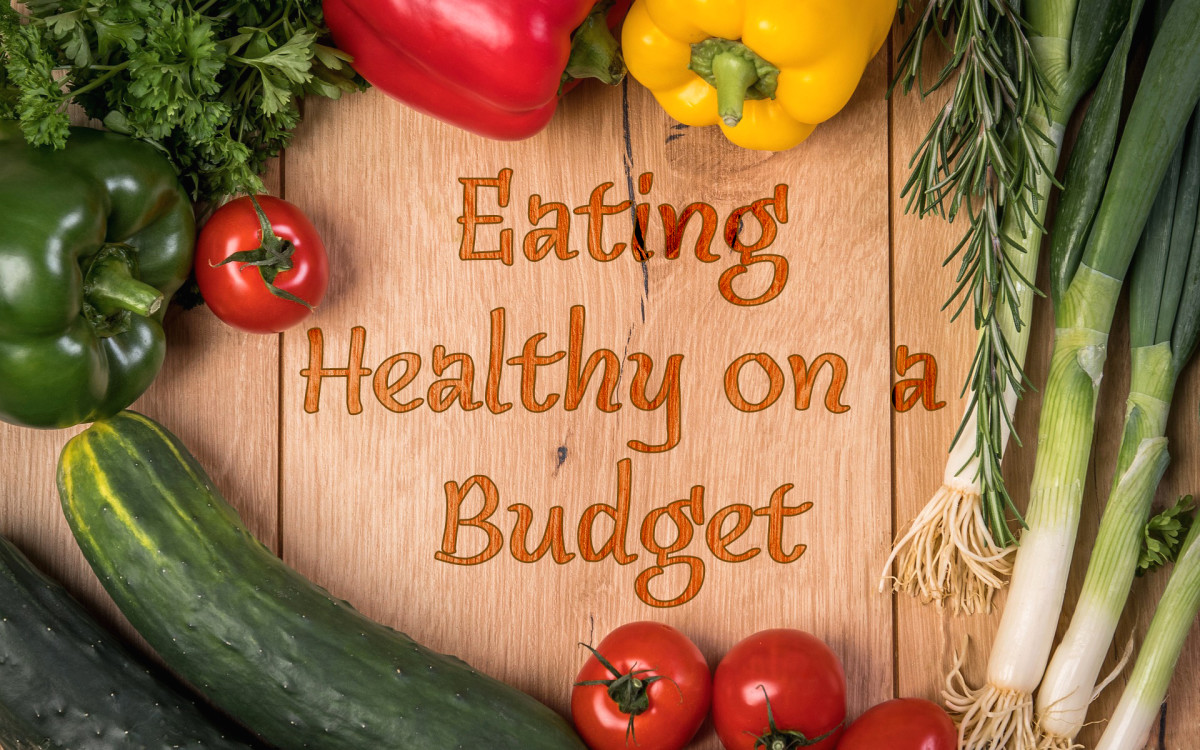Eating healthy is oftentimes associated with high costs. However, with some careful planning and smart choices, it is possible to maintain a healthy diet on a budget. In this article, we will share some tips on how to eat healthily while staying within your financial constraints.
Tip #1: Plan your meals in advance
Meal planning is an excellent way to ensure that you are consuming a well-balanced diet while minimizing food waste and expenses. Start by creating a menu for the week and make a shopping list of all the ingredients you will need. Stick to your list and buy only the items that you need.

Meal planning also helps you avoid the temptation of ordering takeout or eating out, which can be much more expensive than preparing your meals at home.
Tip #2: Buy in bulk
Purchasing food items in bulk can help you save money in the long run. Look for bulk bins at your local grocery store or purchase items like rice, pasta, and beans in large quantities. Additionally, consider buying frozen fruits and vegetables, which are often less expensive than fresh produce and can last longer.

Tip #3: Shop seasonally
Buying produce during its peak season can help you save money and ensure that you are consuming fresh and flavorful produce. Seasonal fruits and vegetables are often less expensive and more nutritious than out-of-season produce that has been transported from other locations.

Tip #4: Cook at home
Cooking your meals at home can save you money, as well as ensure that you are consuming healthy and nutritious meals. Try out new recipes and experiment with different ingredients to keep your meals interesting and flavorful.
Tip #5: Choose whole foods
Whole foods such as fruits, vegetables, whole grains, and lean proteins are not only healthy but also budget-friendly. Avoid processed foods, as they are often more expensive and can be high in sodium, sugar, and unhealthy fats.
Tip #6: Utilize coupons and sales
Check your local newspaper and online coupon websites for discounts on healthy food items. Additionally, keep an eye out for sales at your local grocery store and stock up on items that are on sale.
Tip #7: Don't waste food
Minimizing food waste is not only good for the environment but can also help you save money. Utilize leftovers in your next meal, freeze them for later, or donate them to your local food bank.
Tip #8: Grow your own produce
Consider starting a small vegetable garden to help supplement your grocery store purchases. Growing your own produce can not only be rewarding but also save you money on grocery store purchases.
By following these tips, you can eat healthily while staying within your budget. With some careful planning and smart choices, you can maintain a healthy diet that is both nutritious and affordable.
